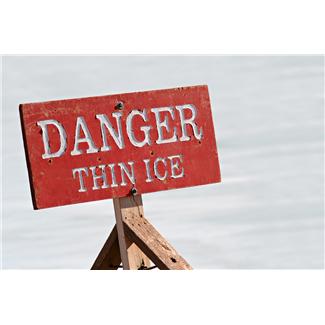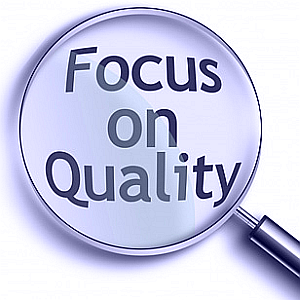Category: Project Implementation Guide
Any project always generates a kind of challenge that makes the project manager find efficient ways to respond to various threats and uncertainties that may jeopardize successful project completion. Implementation of the risk planning process lets the manager to solve the challenge by planning for potential risks and developing solutions that reduce the likelihood of risk occurrence and mitigate the negative impact of the risks.
Performing quality control activities represents increasingly important concerns for project managers and planners. Quality control activities serve as a safety mechanism that helps prevent occurrence of defects or failures in project facilities and products. Poor implementation of quality control activities often results in very large costs because even with minor defects or deviations, project re-organization may be required. Increased costs and delays may result in customer dissatisfaction. In the worst scenario, defects or failures may cause personal injuries to project participants.
Quality assurance (QA) activities are those actions the project team takes to inspect quality requirements, audit the results of control measurements and analyze quality performance in order to ensure that appropriate quality standards and procedures are appropriately implemented within the project.
The Quality Assurance Activities is an article of the Quality Management Section in the Project Implementation Guide. It describes the three kinds of the activities to help the project manager and the quality team to develop a quality assurance plan template, audit quality performance and review project activities, procedures and processes.
In the previous article we described two major steps for engaging key stakeholders in project implementation. Now we are going to talk on how to establish productive relationships with key stakeholders. We will focus on the key points for developing a strategy for managing stakeholders.
Planning for project quality is a complex process that allows companies to clearly set up quality requirements and document all necessary procedures for managing quality expectations. In terms of successful project implementation, developing a project quality plan template is a critical activity dedicated to creating a documented set of rules to managing both project and product quality. Without a comprehensive project quality plan it is nearly impossible to implement the project and deliver the product on time, under budget and as per stakeholder requirements.
















